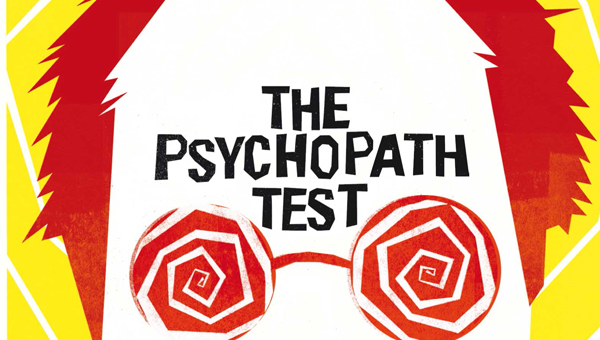Anton Chekhov: About Love and other stories (an Oxford World’s Classics audio guide)
Without quite planning it, Podularity seems to have been having a bit of a Russian season of late, so I thought it would be worth re-presenting this audio guide which OUP commissioned me to produce a couple of years ago with Rosamund Bartlett, translator of Chekhov’s short stories (and also Anna Karenina (forthcoming, 2014)). Here’s a link to all the OWC audio guides. “Seventeen peerless examples of how much life you can put into a few pages of fiction if you have Chekhov’s economical mind, his eyes and ears, his feel for comedy and his sense of humanity. Chekhov is better known for his plays. But these are small masterpieces of their own, in a revelatory new translation.” – The Economist Click on the links below to hear Rosamund Bartlett, who edited and translated the stories in the collection, About Love, introduce Chekhov and his work and read from her translations. Who was Anton Chekhov? Anton Chekhov (1860-1904) came from an unlikely background for a future literary celebrity. Unlike most of his fellow writers, he …

